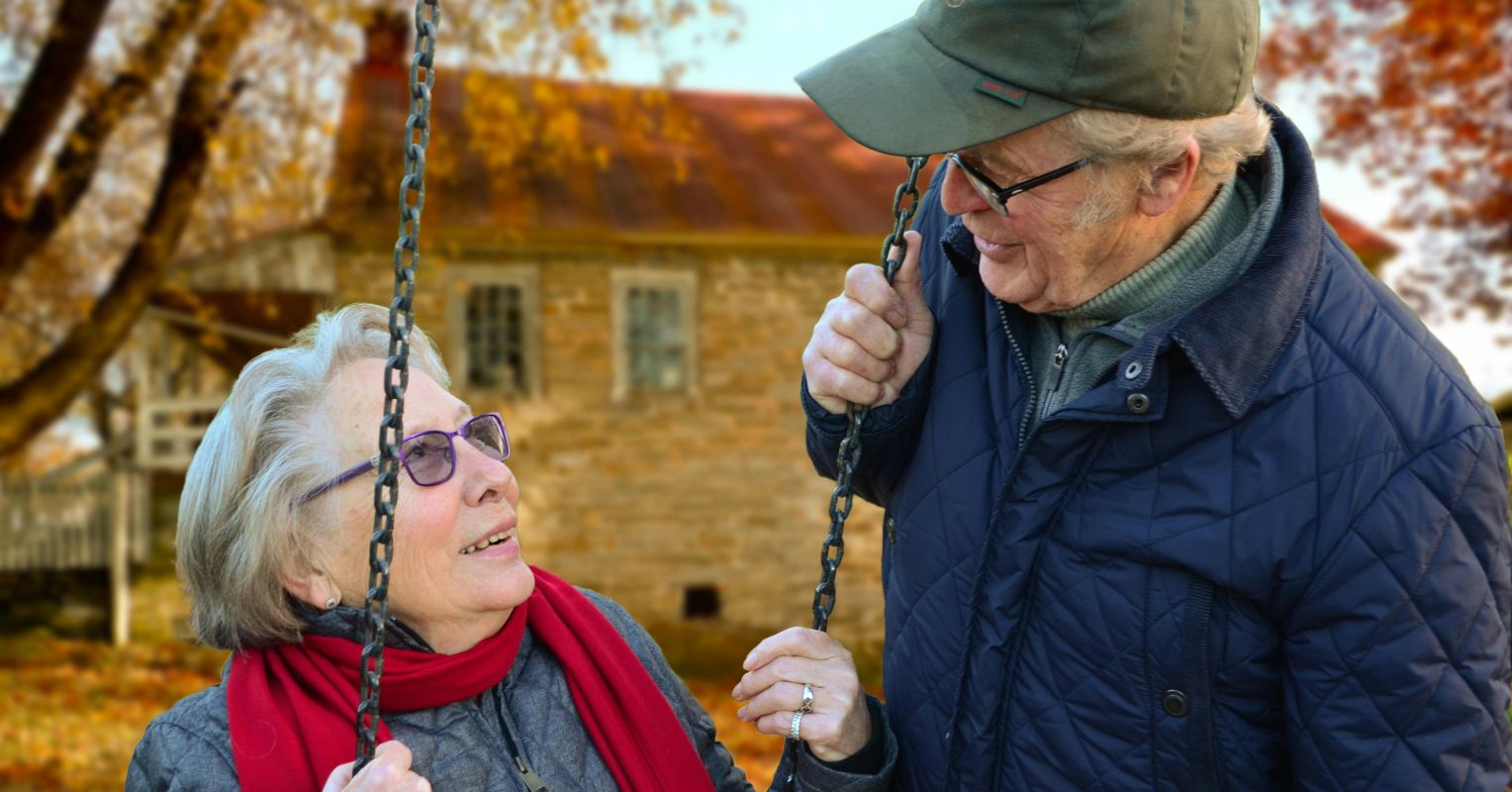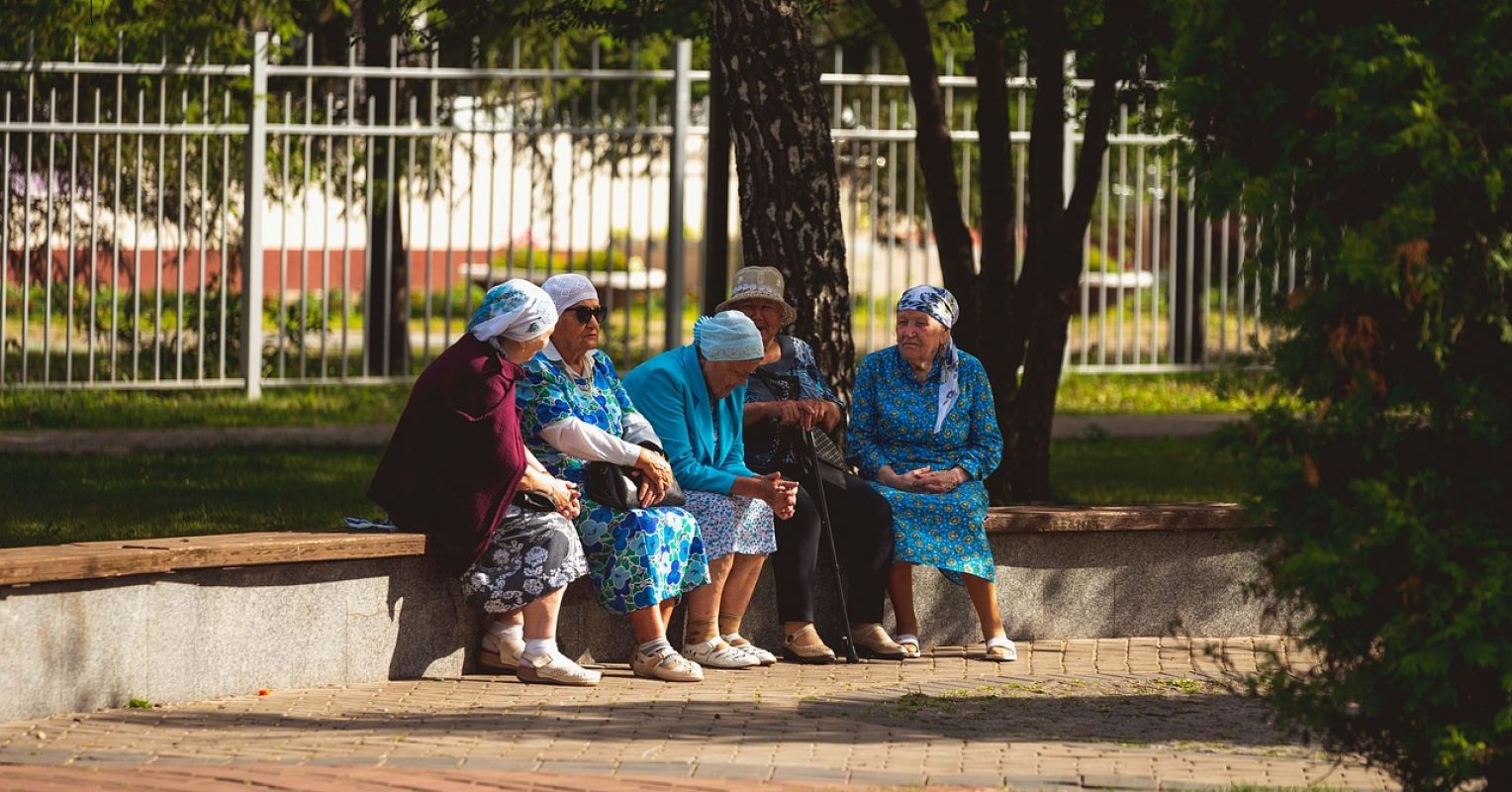Aging has been on my mind lately. It’s probably related to turning seventy last year. However, it’s also a subject that has been fascinating to me since my early years. This might be a result of being raised in an immigrant household of three generations. I frequently heard my parents and grandparents complain about their aching bodies. Interestingly enough, one of my first term papers in university was called, “How to Age Gracefully,” written like an expert on the topic.
Compared to others, I feel that the elders in my family have all aged gracefully. My grandfather died at eighty-three during surgery to repair an aortic aneurysm, and the day before his passing, he swam in the Atlantic Ocean. My mother will celebrate her ninety-fifth birthday next month and although she’s in a nursing home, in a wheelchair and on oxygen, she told me she’s still not ready to die.
A couple of months ago, I coedited a book, which was published, called Women in a Golden State: California Poets at 60 and Beyond. I was struck by the diversity of the submissions and the topics discussed by the final 175 chosen poets. Some poems were nostalgic, some were written with a sense of humor, and others discuss the emotional, physical, and psychological aspects of aging. The overall general message was to live in the moment, enjoy each day as if it were your last, cultivate acceptance, and honor your life’s wisdom.
It’s time we took the idea seriously that the population is aging and we need to be prepared. According to the World Health Organization (2024), by 2030, one in six people will be over sixty years old, and around 14 percent of those over sixty will be afflicted with a Mental health disorder, which most certainly will be connected to changes in cognition.
Changes in Cognition
Over their lifespan, many people notice memory changes. Once arriving in middle age and subsequently the senior years, many of us become cognizant that we’re slowing down physically and psychologically. We may become forgetful, and when we do remember, it could take longer to access the information.
Many of us notice and fear the insidious arrival of memory loss. It might be as simple as going into the kitchen and forgetting what we went there to do. Forgetfulness is normal at any age, but it becomes more common as we age. According to the National Institute on Aging (2023), there’s a difference between normal aging forgetfulness and dementia. It’s important to note that dementia is not a normal part of aging. For example, it’s normal to make a bad decision once in a while or forget the day of the week and remember it later, occasionally lose things, or forget a word or someone’s name. However, it’s time to see your internist if you get lost in places you once knew well, you get confused when you try to remember details about people and places, or lose track of time. You may need to see your doctor if people mention that you ask the same question over and over again, or they say you are not looking after yourself like you used to. Any of these might be signs of a more serious cognitive decline that needs medical attention.
Memory Loss Study
With the aging population and baby boomers now in their senior years, there have been more and more studies about the effects of the aging process. One study, for example, (Ekstrom, et al., 2024), examined who is more prone to memory loss. They found an interesting correlation between decreased memory loss and those who have more years of formal schooling. In other words, continuing one’s education beyond high school seems to delay the onset of cognitive decline. The researchers suggest that this might have to do with their increased memory capacity. Interestingly enough, they also identified that those with a rapid walking speed have slower cognitive decline.
The researchers also found that women were more likely to be better than men at episodic memory, or the type of memory that involves recalling events and experiences and their associated contexts. This can be described as a sort of time travel or the ability to put yourself back in a situation as if you’re actually reliving it.
Cognitive Maintenance
While cognitive maintenance is recommended at any age, it should absolutely continue into the senior years. This can be done by keeping your brain active by reading, doing puzzles, and connecting with others. Diabetes and depression have, in some cases, been linked to cognitive decline, so it’s a good idea to make sure these conditions are identified and treated early.
Another study (Krendl, et al., 2024) showed that socialization decreases the rate of cognitive decline in seniors. In particular, the researchers found that connecting with unfamiliar social networks every day is associated with higher social and cognitive function.
The Senior Chapter
While healthy aging is characterized by a deep form of acceptance of the aging process, it can also be viewed as a wonderful new chapter to embrace as we gather and reflect on the strands of our lives. While being mentally and physically active is important to minimize the chances of memory loss and/or Mental health issues, early detection of problems is the key to treatment.
There are behaviors and attitudes that contribute to aging well, such as maintaining a positive attitude and Emotional resilience. When an individual adopts healthy behaviors and characteristics in their approach to aging, their uplifting energy rubs off on those they come into contact with, who, in turn, want to spend more time socializing with them. These relationships and interactions are wonderful ways to help alleviate loneliness.
While maintaining a strong sense of purpose is essential across the lifespan, it is especially important in the senior years. Having a reason to wake up in the morning is invaluable, but sometimes very difficult, especially for those living alone. Growing old does not come with an instruction book, but ongoing efforts to challenge ourselves, learn more about our own strengths and weaknesses, and do more of what makes us happy while being mindful of the typical challenges as we age can help us better navigate this final life chapter.













